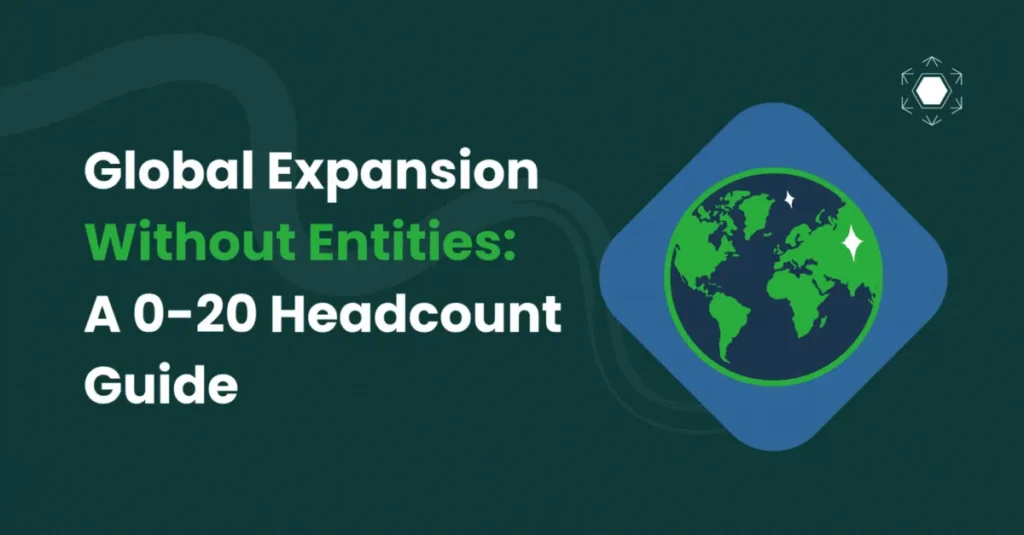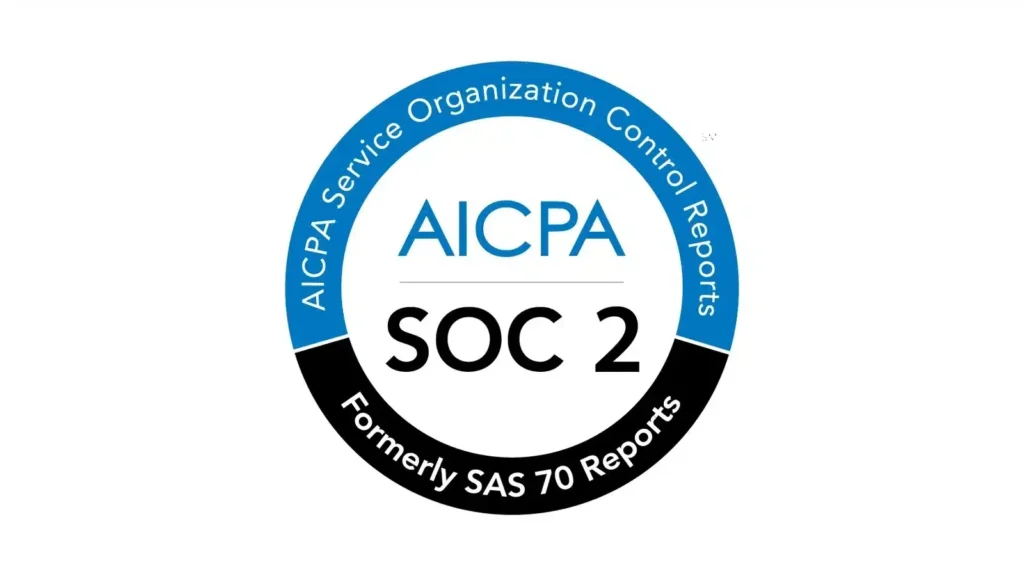Founders Law and Emerald Technology share their tips for scaling teams across the globe.
When you’re growing fast and hiring across borders, legal compliance probably isn’t the first thing on your mind. We get it. Between hitting growth targets, expanding into new markets, and onboarding top talent, it’s easy to assume your employment contracts are “fine for now” or that your contractor agreements will “do the job until later.”
But here’s the thing: when it comes to global hiring and compliance, the risks of getting it wrong aren’t small. We’re talking fines, legal disputes, unexpected tax bills, the kind of stuff that can derail even the most promising growth trajectory. That’s why Emerald Technology, the go-to experts in global hiring solutions have partnered up with Founders Law to put together this quick legal survival kit for finance leaders, HR teams, and ops,
Think of this as your cheat sheet for avoiding the biggest compliance pitfalls (without needing a law degree).
Global Hiring Compliance Checklist: What to Watch Out For
1. Non-Compliant Employment Contracts
What’s the risk?
Using contracts that don’t hold up in the country where your employee works. Red flags include missing jurisdiction clauses, vague termination terms, or completely ignoring local labour laws.
Why it matters:
If your contract isn’t compliant, essential protections like IP ownership or non-competes may be unenforceable. In the worst case, you could lose talent or face legal disputes that slow down your momentum.
Our tip:
Ditch the one-size-fits-all templates. Localise every agreement.
2. Worker Misclassification: Contractor vs. Employee
What’s the risk?
Labelling someone as a contractor when, legally, they should be an employee. It’s one of the most common pitfalls in international hiring.
Why it matters:
Misclassification can lead to demands for unpaid payroll taxes, employee benefits of penalties. The worker may employee benefits, or penalties. The worker may even claim rights like severance or holiday pay.
How to spot it:
Ask yourself: Do you control how, when, and where they work? Are they working only for you? Do they feel like part of your internal team? If yes, they might need to be classified as an employee.
3. IP Ownership Gaps in Hiring Agreements
What’s the risk?
Assuming your business owns all the IP your team creates without having it in writing.
Why it matters:
Without clear “work made for hire” or IP assignment clauses, a contractor (or even an employee) might legally on the code, designs, or content they produce for you. That’s a nightmare scenario when it comes to fundraise or exit.
What we’ve seen:
As Employers of Record, Emerald has supported companies whose deals were delayed or downvalued due to murky IP ownership. This gets flagged in diligence especially with remote or contractor-heavy teams.
How to lock it down:
Every agreement (employee or contractor) must include IP assignment clauses. Build them in by default. It’s not about fixing it later, it’s about future-proofing from day one.
4. Cross-Border Tax Compliance for Remote Teams
What’s the risk?
Hiring talent in other countries without realising you might owe local taxes, or that your business could be considered to have a “permanent establishment” there.
Why it matters:
You could accidentally trigger corporate tax liabilities, VAT issues, or payroll obligations in places you didn’t plan for. And tax authorities rarely accept “I didn’t know” as an excuse.
We’ve seen so many companies expand into new markets as they scale before fully understanding the tax or compliance triggers. For example, in countries like Germany or Brazil, hiring even one person could raise permanent establishment concerns. A quick check-in before hiring can avoid costly restructuring later.
What to check:
- Are you registered to pay taxes where your team works?
- Are you aware of local labour laws?
- Could having workers in-country create a “permanent establishment” or tax nexus?
How to Stay Compliant: Practical Tips & Solutions
Nail the Essentials: Use the Right Contracts
Get your agreements right from the start:
- Clear employment contracts with localised clauses
- Contractor agreements that meet legal standards
- Explicit IP assignment terms in every deal
Monitor International Hiring Compliance
Global hiring isn’t “set it and forget it.” Things change quickly: laws, worker status, and even how teams operate.
Best practices:
- Run compliance audits at least twice a year
- Maintain clear records of each worker’s classification
- Use an Employer of Record (EOR) for complex jurisdictions
Bring in Experts Early
The best time to get legal and compliance support? Before you think you need it. Fractional legal support or global hiring experts will help you scale safely without nasty tax surprises or compliance gaps.
What to Do Next?
- Review your contracts for compliance gaps (IP, classification, local law)
- Audit your team’s worker status, especially across regions
- Flag high-risk countries where you may need local advice
- Book a chat with Founders Law or Emerald Technology for a second opinion
Need help with your global hiring or expansion efforts? Get in touch.




